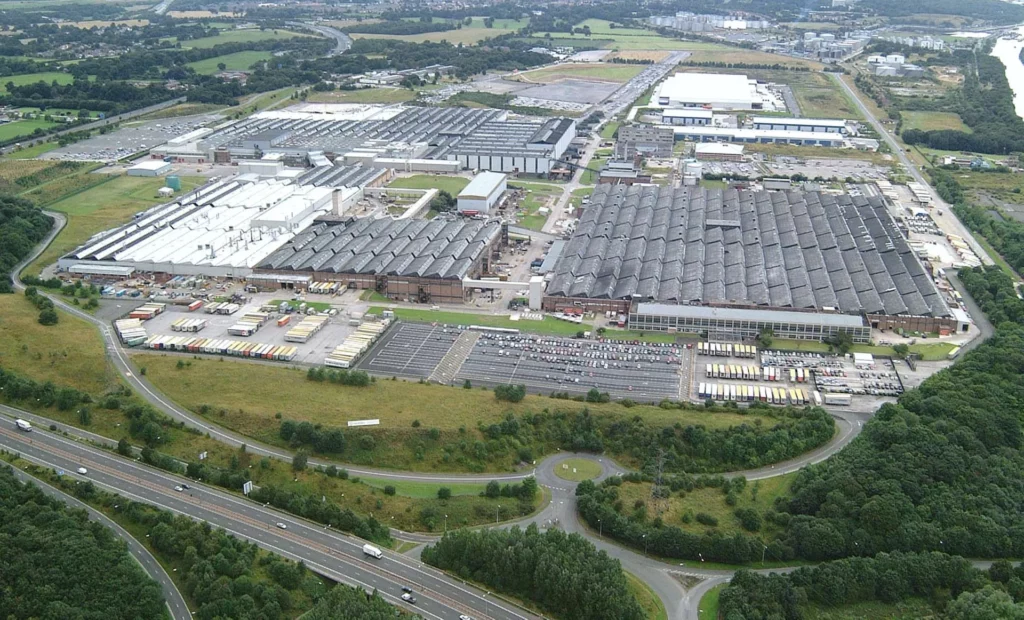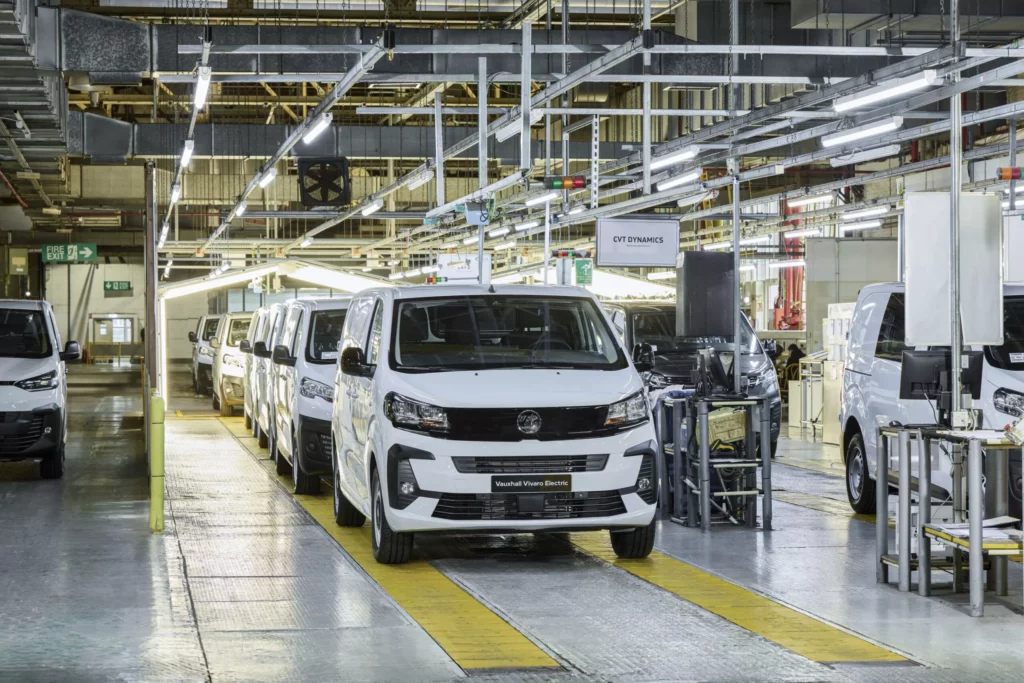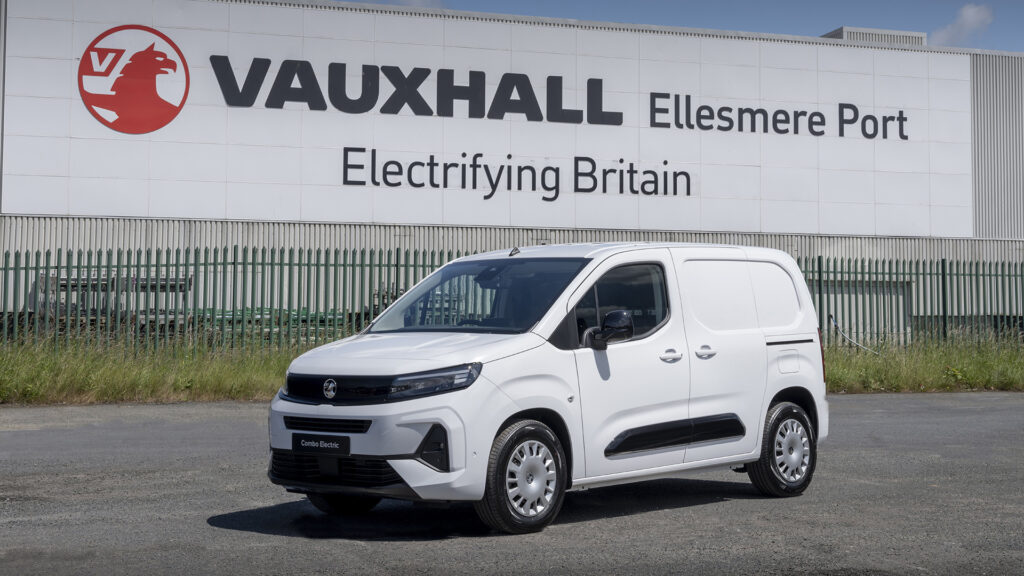- The carmaker is calling on the British government to step in and provide assistance.
- Stellantis boss Carlos Tavares has claimed brands are being forced to produce “double” the amount of EVs the market demands.
The British car industry was dealt a severe blow during Brexit and could lose two more car manufacturing facilities if the country doesn’t loosen regulations and sales of EVs don’t increase.
According to the UK managing director of Stellantis, Maria Grazia Davino, the company is dealing with excessive government sales quotas and minimal incentives on the VAT applied to vehicles and electricity. Stellantis operates Vauxhall, Peugeot, Citroen, Opel, and Fiat lines in Ellesmere Port and Luton and has called on the government to step in.
Read: Ram ProMaster City Could Get An Electric Successor In The U.S.
“You have to make strategies that are based on efficiency. I want to keep the production [in the] UK and I want to be clear on this,” Grazia Davino said. “The demand is not coming. We expect the government whoever it is to respond to this. We work together in the country for the benefit of the health of economy and the people. Whoever gets to the government they have to listen … In the UK there will be consequences for sure on the production. Stellantis UK does not stop. Stellantis production in the UK could stop.”
The UK is gearing up for a federal election on July 4, and local polls suggest there will likely be a change in government. The threat of factory closures will pressure the government to provide car manufacturers with more leeway on ZEV mandates, Reuters reports.
Under the current rules, car manufacturers in the UK are forced to sell an increasing proportion of electric cars, which, according to Stellantis chief executive Carlos Tavares, “double” the market demand. In addition, the electric vans Stellantis builds at these factories are not counted as cars for the ZEV mandate, which the firm would like to see changed. This year, 22% of all new vehicles sold locally must be EVs, and carmakers that don’t hit this target could be fined.

While speaking at a news conference the Society of Motor Manufacturers and Traders held, Grazia Davino said the carmaker may choose to import fewer fossil-fuelled models into the UK to increase the proportion of ZEVs it sells.
The Ellesmere Port site was the first factory in the UK to build BEVs at scale, producing vans for Vauxhall, Opel, Peugeot, Citroen, and Fiat. Stellantis’ Luton plant builds petrol and diesel vans but will start manufacturing electric vans in 2025.




